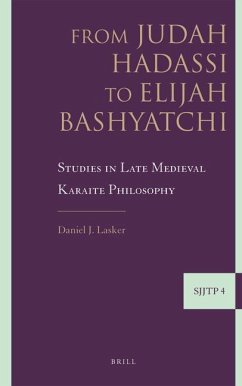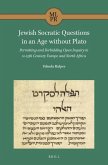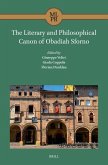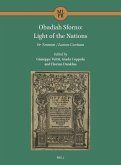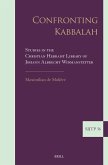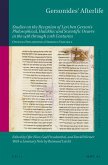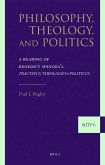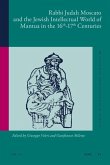The present study is a pioneering account of the development of late medieval Karaite Jewish thought, challenging the oft-repeated assertion that Karaite thinkers remained loyal to KalAm, the dominant theological philosophy during the earlier Golden Age of Karaism. A careful reading of Karaite sources demonstrates that the watershed figure whose influence led to changes in Karaite thought was the Rabbanite Maimonides, whose attacks on the KalAm had revealed its scientific shortcomings. This book discusses major Karaite thinkers from the twelfth to sixteenth centuries, as well as the central themes in their writings. It also outlines the impact of Karaism on the dominant Rabbanite Jews and their major thinkers, especially Maimonides. It should be of interest to all those who study medieval philosophy, intellectual history, Judaism and sectarianism.
Hinweis: Dieser Artikel kann nur an eine deutsche Lieferadresse ausgeliefert werden.
Hinweis: Dieser Artikel kann nur an eine deutsche Lieferadresse ausgeliefert werden.

